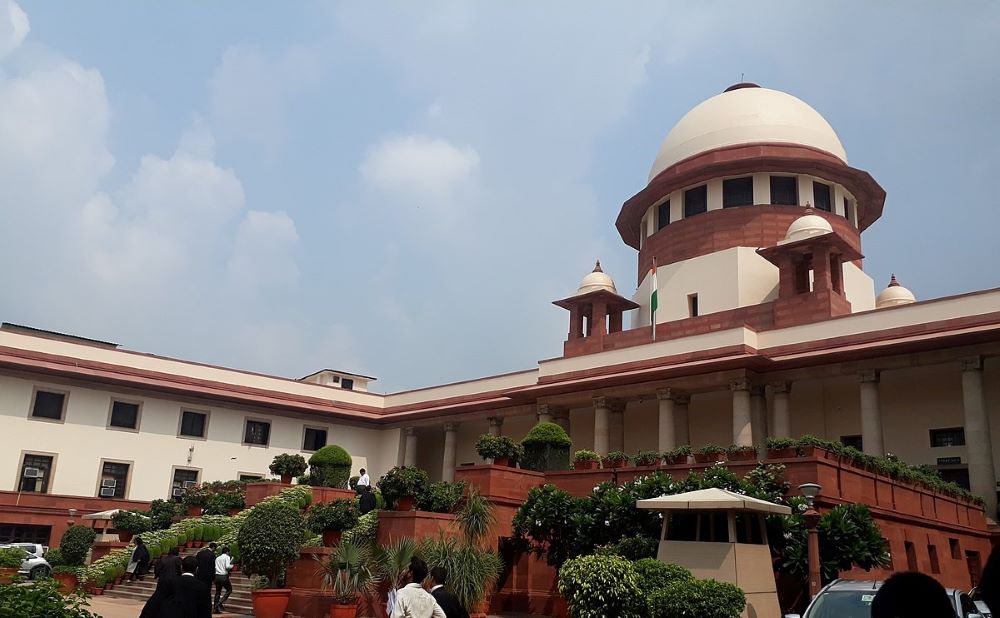Anshika Tiwari-
Recently, the Apex Court observed in the case of Sanjay Prakash v Union of India that the filing of Caveat by itself does not entitle the Caveators to be treated as a party to the proceeding.
The Court made this observation while considering the plea of Central Indian Police Service Association who wanted to intervene in a Special Leave Petition on the strength of Caveat Application filed by them.
“They only get the right of being notified of the lodging of the SLPs,” Justice Aniruddha Bose observed.
The Association here did not file any application for impleadment or intervention before the High Court.
The judge while granting them the liberty to file impleadment application observed,
“While as caveators they have the right of being notified of the lodging of the SLPs in terms of Clause 2 of Order XV of the Supreme Court Rules, 2013, mere filing of caveat application cannot grant them an entry into a Petition for Special Leave to Appeal. Filing of Caveat by itself does not entitle them to be treated as a party to the proceeding”.
The court also allowed impleading applications filed by five sets of officers belonging to the Indian Police Service (IPS).
SLPs arise from a common judgment delivered by a Division Bench of the Delhi High Court in five writ petitions brought by Group A officers of the Central Industrial Security Force (CISF), Central Reserve Police Force (CRPF), Indo Tibetan Border Police (ITBP), Border Security Force (BSF) and Sashatra Seema Bal (SSB).
The court said that the applicants have been able to demonstrate sufficient interest in the ultimate outcome of the five petitions for special leave to appeal.
A caveat is a right given to a person in civil proceedings to avoid ex-parte orders or judgments.
Mentioned in Section 148 A of the Code of Civil procedure, it may be understood as a notice given asking not to act in a certain manner without informing the person who gave such a notice.
The person filing the caveat must have the necessary right to appear before the court in connection with the suit.
Also read: Supreme Court to hear plea seeking direction to Centre to not levy service tax on Hajis

